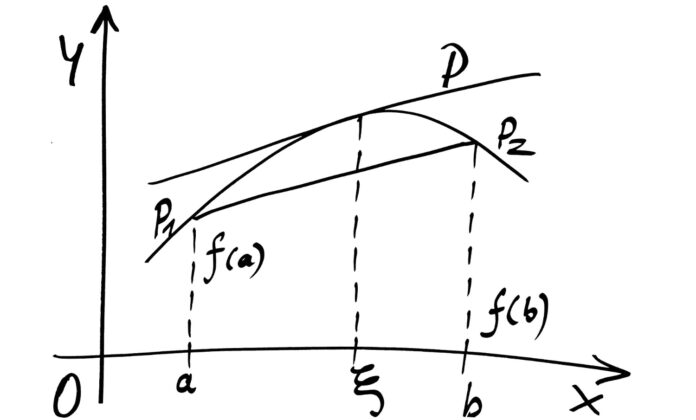
In a post on ScreenCraft, Ken Miyamoto says that using clichés and formulas can actually make you a more successful writer.
In his book, The Church of Baseball, The Making of Bull Durham: Home runs, Bad Calls, Crazy Fights, Big Swings, and a Hit, Ron Shelton (Bull Durham, White Men Can’t Jump) quotes Sam Peckinpah, who noted that clichés establish a connection with the audience, because of their familiarity. According to Peckinpah, a writer should adopt the cliché and then work against it to create something new.
Miyamoto adds this familiarity helps deliver a catharis for the audience, “a release of emotions after the story’s resolution and the protagonist’s overall journey.” In other words, the clichés help the audience relate to the protagonist, join their journey, and celebrate with them at the end. For example, audiences love films about an underdog who becomes a champion or a loser who becomes a winner.
“It’s not necessarily about what happens (clichés and formulaic screenwriting),” Miyamoto says. “It’s about how it happens that really matters.” Subverting these clichés and formulas allows the writer to create an original story and an even more powerful catharsis. While audiences love familiar stories – romantic comedies, slasher movies – originality is what help the best stand out.
When you examine clichés or formulaic elements in your story, Miyamoto recommends that you ask yourself:
- What’s been done with them?
- What hasn’t been done with them?
- What’s something new I can bring to the table?











